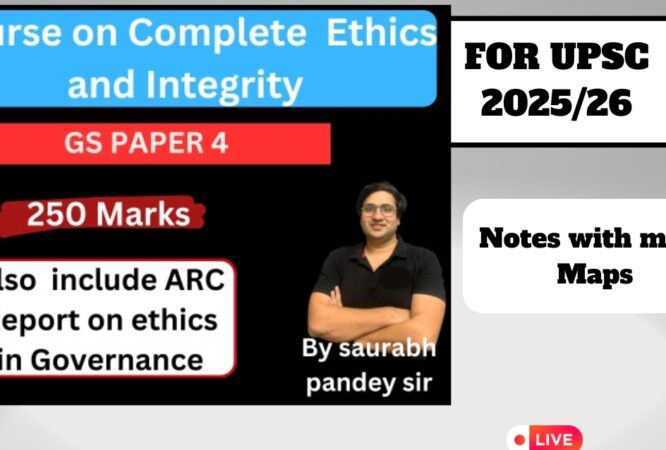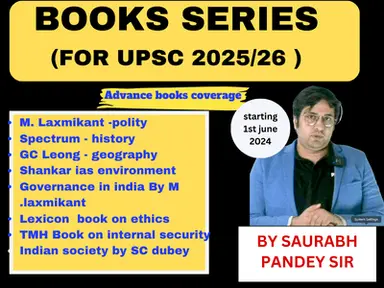Current Affairs 14th February 2025
Current Affairs 14th February 2025 by Saurabh Pandey Sir
The recent political upheaval in Manipur has culminated in the imposition of President’s rule, a significant constitutional measure. This move follows the resignation of Chief Minister Biren Singh amid mounting political tension and unrest. President’s rule allows the central government to assume control over the state’s governance. It is typically invoked when a state’s government is unable to function effectively. The provision is outlined in Article 356 of the Indian Constitution. Reasons Behind the Imposition The decision to impose President’s rule has been propelled by several factors: Political Instability: The resignation of CM Biren Singh triggered a power vacuum. Civil Unrest: Recent protests and civil disturbances have created an environment of instability. Lack of Consensus: Political parties have failed to form a stable coalition government.
Historical Perspective Understanding the historical context of President’s rule in Manipur sheds light on its implications: Previous Instances: Manipur has seen President’s rule imposed multiple times in its political history. Impact on Governance: Each instance has had varying impacts on local governance and political dynamics. Public Reaction: Citizens’ responses to such measures often reflect broader sentiments about governance and representation Implications for the Future As President’s rule takes effect, various implications arise for the state’s future: Governance Changes: The central government will now oversee state administration. Elections Timeline: A timeline for future elections will need to be established. Political Dynamics: The balance of power may shift among local political entities.
FAQs Regarding President’s Rule in Manipur Here are some frequently asked questions to further clarify the implications and context of the President’s rule imposed in Manipur: What is President’s rule? President’s rule is a provision in the Indian Constitution that allows the central government to take control of a state’s administration if the state government is unable to function. Why was it imposed in Manipur specifically? The imposition was triggered by the resignation of CM Biren Singh amid political instability and civil unrest, leading to a governance vacuum. How does President’s rule affect local governance? It effectively centralizes governance, with the Union government making decisions regarding administration, law, and order in the state. What are the historical precedents for President’s rule in Manipur? Manipur has experienced President’s rule on several occasions, often during times of political crisis or instability. What is the public sentiment regarding this decision? Public reactions vary; some view it as a necessary step for stability, while others see it as an overreach of central authority
The Road Ahead The future of Manipur under President’s rule remains uncertain, with several critical factors at play: Potential for Elections: The central government will need to outline a clear path for restoring a democratically elected government. Monitoring Civil Unrest: Maintaining peace will be paramount to avoid further unrest during this transition period. Engagement with Local Leaders: It’s essential for the central government to engage with local






